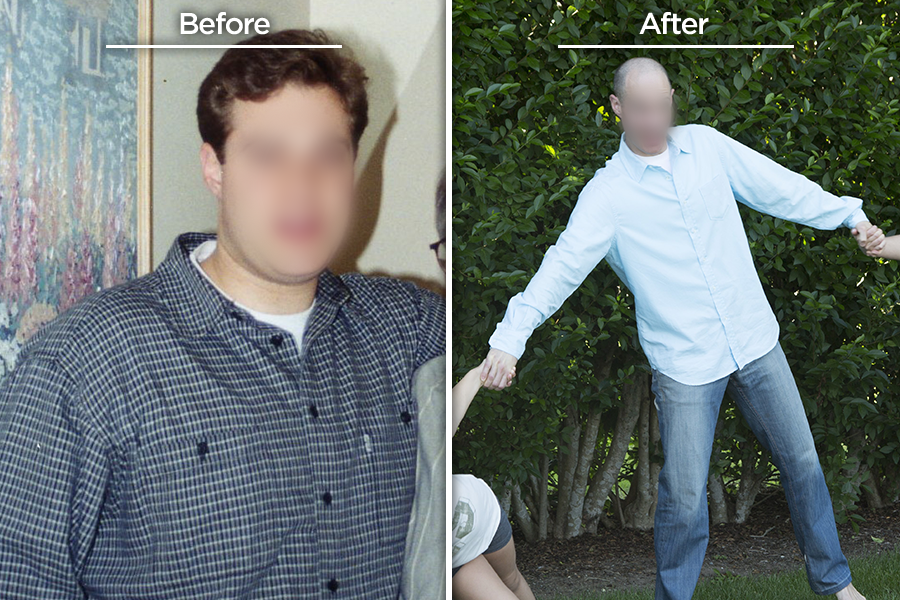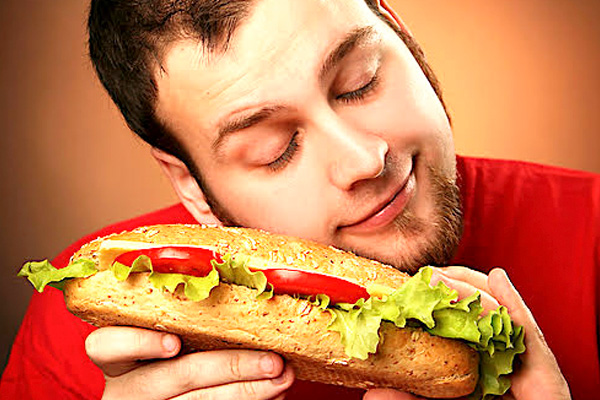

If you examine your own behavior and relationship to sugar, in particular, you will likely find that your behavior around sugar and the biological effects of overconsumption of sugar match up perfectly.
FOOD ADDICTS ANONYMOUS IN RECOVERY FOOD PLAN FREE
Characteristic withdrawal symptoms substance taken to relieve withdrawal-many people undergo a “healing crisis” that has many of the same symptoms as withdrawal when removing certain foods from their dietįew of us are free from this addictive pattern.Tolerance (marked increase in amount marked decrease in effect)-in other words you have to keep eating more and more just to feel “normal” or not experience withdrawal.Use continues despite knowledge of adverse consequences (e.g., failure to fulfill role obligation, use when physically hazardous)-anyone who is sick and fat wants to lose weight, but without help few are capable of making the dietary changes that would lead to this outcome.Important social, occupational, or recreational activities given up or reduced-I see this in many patients who are overweight or obese.Much time/activity is spent to obtain, use, or recover-those repeated attempts to lose weight take time.Persistent desire or repeated unsuccessful attempts to quit-consider the repeated attempts at diet so many overweight people go through.Substance is taken in larger amount and for longer period than-a classic symptom in people who habitually overeat.We’ll start by reviewing the diagnostic criteria for substance dependence or addiction found in the bible of psychiatric diagnosis-the DSM-IV and look at how that relates to food addiction. Let’s examine the research and the similarities between high-sugar, energy-dense, fatty and salty processed and junk food and cocaine, heroin, and nicotine. We all know about cravings, but what does the science tell us about food and addiction, and what are the legal and policy implications if certain food is, in fact, addictive? We are biologically wired to crave these foods and eat as much of them as possible. Especially when combined in secret ways the food industry will not share or make public. It is because certain types of food are addictive.įood made of sugar, fat, and salt can be addictive. Why is it so hard for obese people to lose weight despite the social stigma and health consequences such as high blood pressure, diabetes, heart disease, arthritis, and even cancer even though they have an intense desire to lose weight? It is not because they WANT to be fat. It is because these substances are all biologically addictive. Why does quitting caffeine lead to irritability and headaches?.Why do most addicts continue to use cocaine and heroin despite their lives being destroyed?.Why do less than 20 percent of alcoholics successfully quit drinking?.Why do cigarette smokers continue to smoke even though they know smoking will give them cancer and heart disease?.The behaviors arise out of primitive neuro-chemical reward centers in the brain that override normal will power and overwhelm our ordinary biological signals that control hunger. Nobody chooses to be a heroin addict, cokehead, or drunk. There are specific biological mechanisms that drive addictive behavior.

Tell a cocaine or heroin addict or an alcoholic to “just say no” after that first snort, shot, or drink. It won’t work for our industrial food addiction either.

The “just say no” approach to drug addiction hasn’t fared to well. Broccoli is not addictive, but cookies, chips, or soda absolutely can become addictive drugs. Those are easy to imagining vanishing in an unconscious, reptilian brain eating frenzy. Do you know anyone who would binge broccoli or apples? On other hand, imagine a mountain of potato chips or a whole bag of cookies, or a pint of ice cream. Imagine a foot high pile of broccoli, or a giant bowel of apple slices. New discoveries in science prove that industrial processed, sugar-, fat-, and salt-laden food-food that is made in plant, rather than grown on a plant, as Michael Pollan would say-is biologically addictive. This sounds good in theory, except for one thing … We are lead to believe there is no good food or bad food-that it’s all a matter of balance. They say people should exercise more self-control, make better choices, avoid over-eating, and reduce their intake of sugar-sweetened drinks and processed food. This article originally appeared on Our government and food industry both encourage more “personal responsibility” when it comes to battling the obesity epidemic and its associated diseases.


 0 kommentar(er)
0 kommentar(er)
